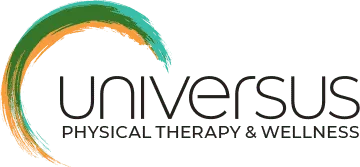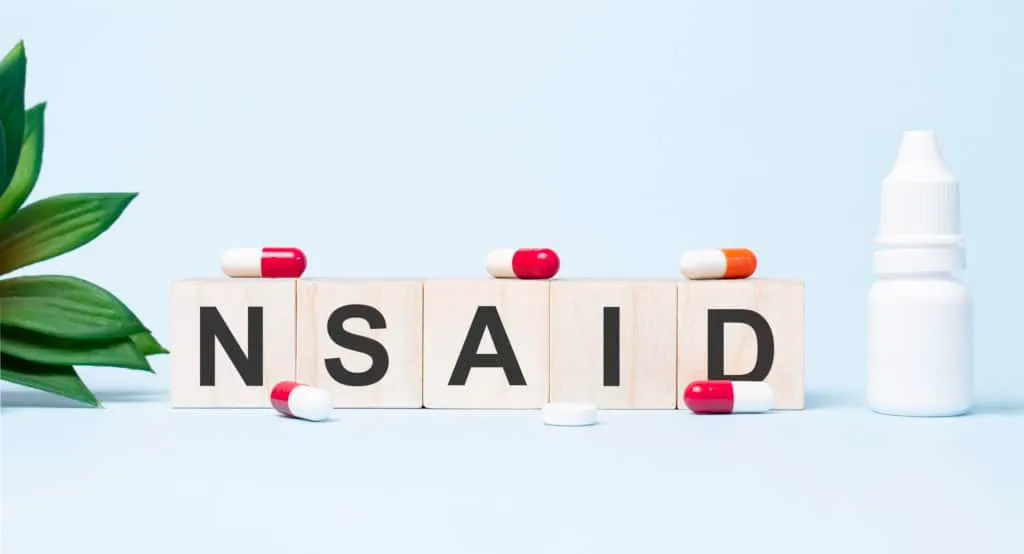I would like to bring your attention to a problem that is overlooked and under addressed while trying to heal from injury or chronic pain. Overuse of NSAIDs.
We all should know by now the terrible consequences of Narcotic overuse, but taking NSAIDs too much also poses a risk to your health.
NSAID stands for Non-steroidal anti-inflammatory drug. Well known examples of NSAIDs are Naproxen and Ibuprofen. Some brand names are Advil, Motrin, Aleve, Celebrex, Mobic.
The feeling of pain is understandably something very undesirable and the immediate instinct of most people is to get rid of the pain, fast. I will agree that no one wants to have the sensation of pain and that we should do what we can to feel better.
More Blogs From Universus
5 Simple Stretches for Knee Pain
What Disorders Cause Balance Problems And What Help Can I Get?
But The Question I Have Is, Are We Doing The RIGHT Things To Feel Better From Pain?
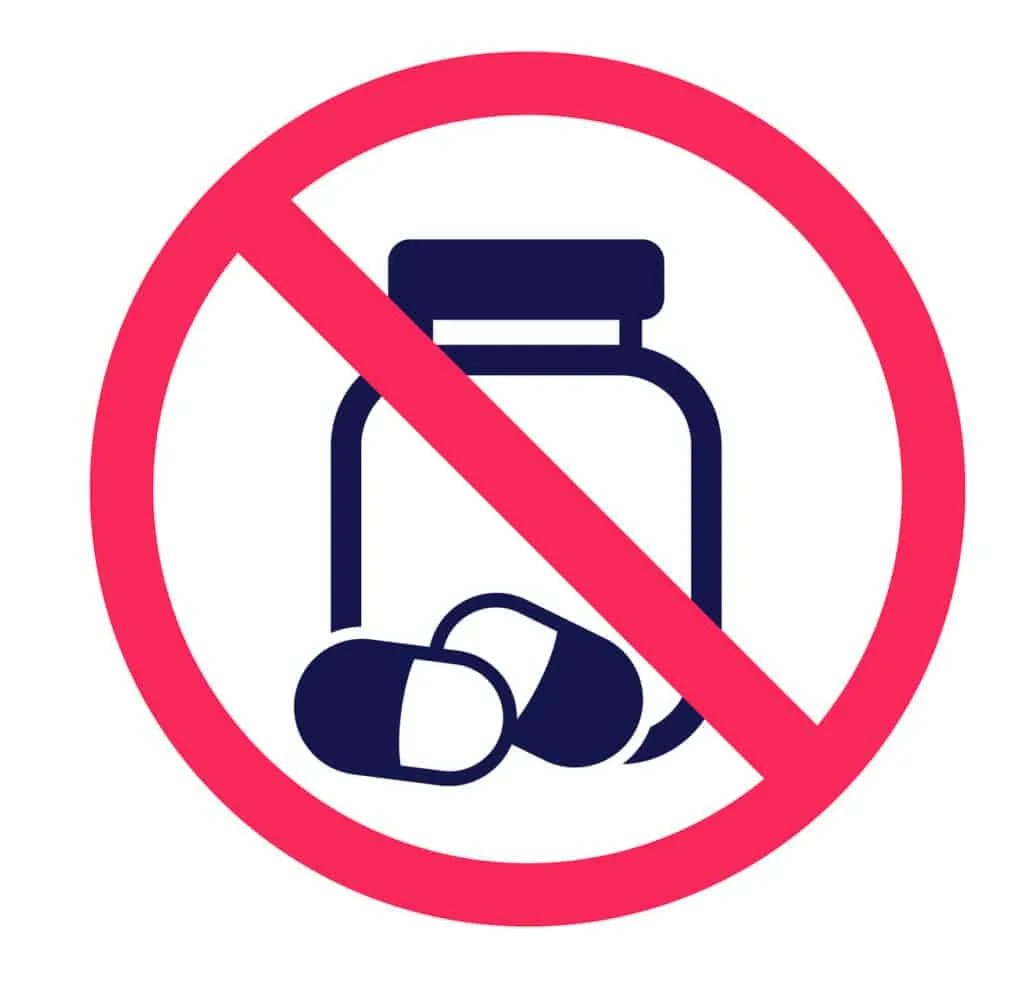
In hospitals pain relief is a high priority. The hospitalist will give pain pills even before the patient has complained of any pain and at home most people will pop that Advil at the very hint of any pain.
Many of the patients I treat tell me that they take Advil first thing in the morning in order to “get ahead of the pain”.
I am extremely sensitive to people’s different responses to pain because I have a very deep understanding as to the fact that the pain process is so very different from person to person.
We know that the amount of pain a person feels (the intensity) varies significantly from person to person, even if the trauma or hurt was exactly the same. An example is two different people getting their wisdom teeth pulled by the same dentist.
One person may feel extreme pain, inflammation and require pain pills, while the other has very little, if any pain.
That is because we now know that pain is an output of the brain and that the trauma itself is not what dictates how much pain we are in. Now I am getting into pain science which is a long and very interesting discussion, but not what I am writing about today!
Today I would like to focus on taking NSAIDs for your daily aches and pains. I am sure you can gather that I am against the practice of taking NSAIDs, long term, for pain, that is why I am writing about it.
I will try and convince you that it is not the best thing for you and there are other ways to alleviate chronic pain.
Chronic NSAIDs Use Causes LEAKY GUT Syndrome And That Is Very Bad For HEALING.

What is Leaky Gut Syndrome? Leaky gut is intestinal hyperpermeability (or increased permeability).
Increased permeability means that the openings that let small molecules into your intestines are more open than normal in a leaky gut.
The tight openings between the cells of the intestinal wall regulate what is allowed in and out of the intestinal wall.
The gut is naturally permeable to very small molecules so that the body can absorb the nutrients it needs.
In times of stress, if you are on antibiotics, if you are eating foods you are sensitive to OR if you are on NSAIDs chronically, then larger proteins and molecules from food, bacteria, yeast, and other organisms get through the intestinal lining that shouldn’t be allowed to.
Then toxins, microbes, and undigested food particles make their way through your intestinal lining which sets off your immune system.
When larger food molecules make their way past the gut barrier, the immune system recognizes them as “non-self” and goes on the defensive.
The result is an inflammatory attack by your immune system that can lead to an array of uncomfortable symptoms.
Leaky Gut Is How Food Sensitivities And Auto-immune Disorders Develop.
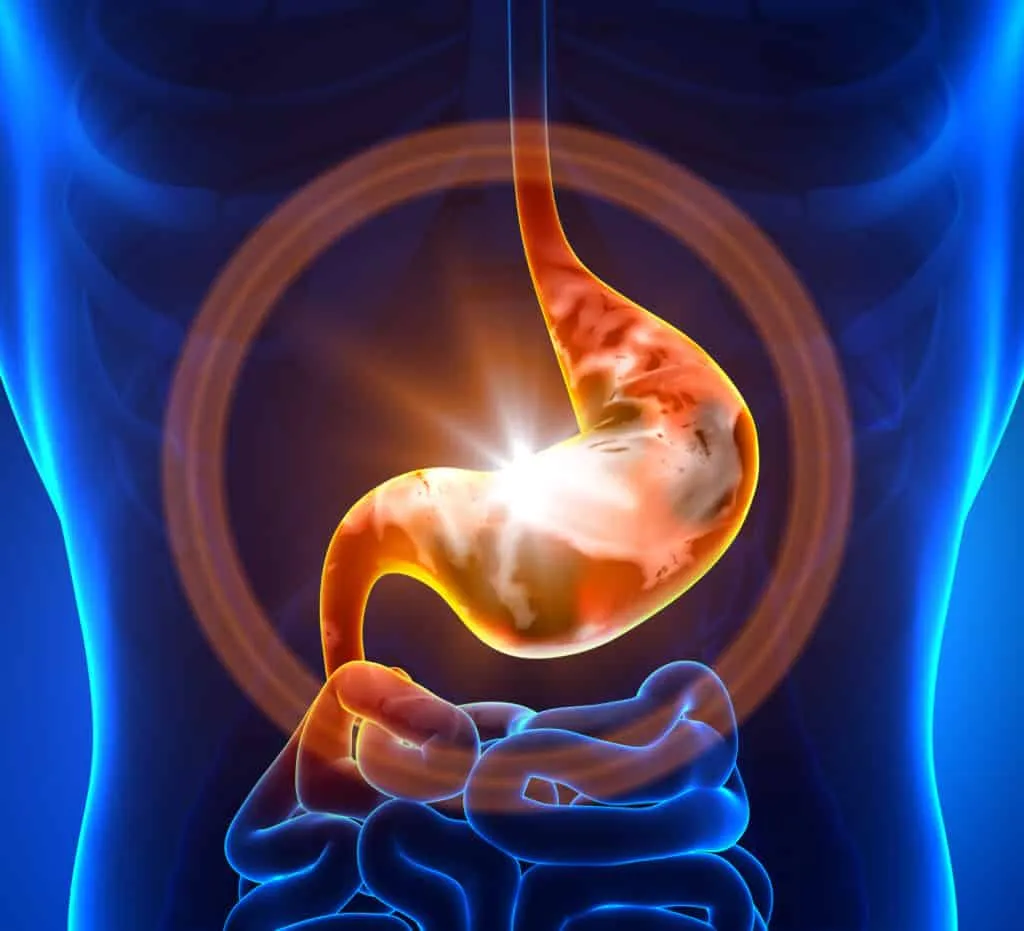
As you can imagine this scenario is not ideal. It causes you to have abdominal bloating and even pain after you’ve eaten.
It can also make you sick- if your immune system is so busy dealing with all the extra toxins swimming around in your gut, then how can you expect it to protect you from a common virus?
It is a fact that people with “gut dysbiosis” or leaky gut did not do as well during the pandemic as people with healthy gut flora did.
Basically in order to heal from anything, viral infections, injury, trauma, tendinitis, bursitis, etc. you need your immune system to be in tip top shape.
If we are constantly taking NSAIDs for temporary pain relief but causing long term gut issues, we are not going to get anywhere with healing.
When people come into Physical Therapy for help from nerve pain due to compression at the neck or back, at the root of the compression is inflammation.
I always ask about how frequently they take NSAIDs and how their diet is. I want to know if there is inflammation in the “system”.
This will dictate how much pain a person is in and how soon they will heal. I also want to know about how they are sleeping.
Not sleeping well will slow down the healing process as well. *There is a place for NSAID use early on in the inflammatory stage of an injury, typically not to be used for more than 2 weeks at a time.
Many patients with arthritis (which is a chronic problem) take NSAIDs to to relieve pain and inflammation, but since these drugs essentially blow holes in the gut barrier, this all too often becomes a vicious cycle of more pain and inflammation, more drugs, more damage to the gut barrier, more pain and inflammation, and so on and so on until the body is incapable of healing.
NSAIDs used to only be allowed to be prescribed by a doctor and only for two weeks at a time. Big pharma stepped in and changed that, making NSAIDs widely available and wildly overused and abused.
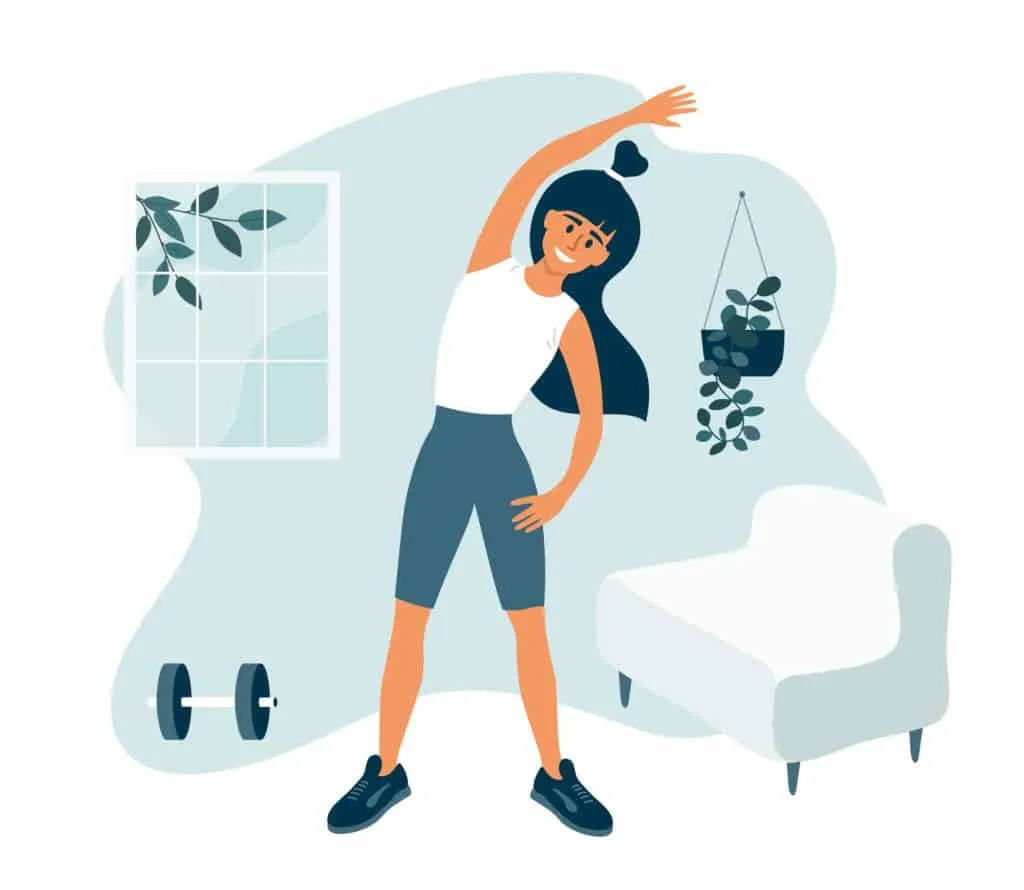
Here Are Some Tips For Natural Pain Relief:
- Stop taking NSAIDs regularly. Save it for when you have an acute trauma and you just need some pain relief temporarily, do not take them indefinitely. If you feel that you NEED it to get through the day, make sure you consult with your doctor or physical therapist.
- Incorporate breathwork into your daily routine- the vagus nerve, which runs through our diaphragm (breathing muscle) helps to sooth the autonomic nervous system (the stress response) which will reduce pain.
- Don’t stop moving when you are in pain. Movement is the cure to pain. If your neck hurts or you have a headache, the best thing to do is move your head and stretch your neck. Do this prior to taking Advil, it usually helps and so you might be able to skip the Advil.
- Exercise regularly. Regular exercise keeps our bodies strong and resilient. If you are in pain, the pain experience will likely be less because your body is conditioned and resilient, therefore better able to tolerate the pain. Exercise also reduces inflammation and has a healing effect on your gut.
- Regularly stretch your body- this helps keep your joint fluid (synovium) moving and protecting the joint, which alleviates feelings of stiffness and pain
- Make sure you get enough sleep- adults should get 7-8 hours/night. Sleep deprivation leads to as much as a 50% increase in perception of pain
- Drink enough water- if you have joint pain, your joints rely on fluid to minimize friction and pain in the joint. Good hydration will make a big difference in pain perception.
What If You Are Unable To Exercise Because The Pain Is Too Bad?
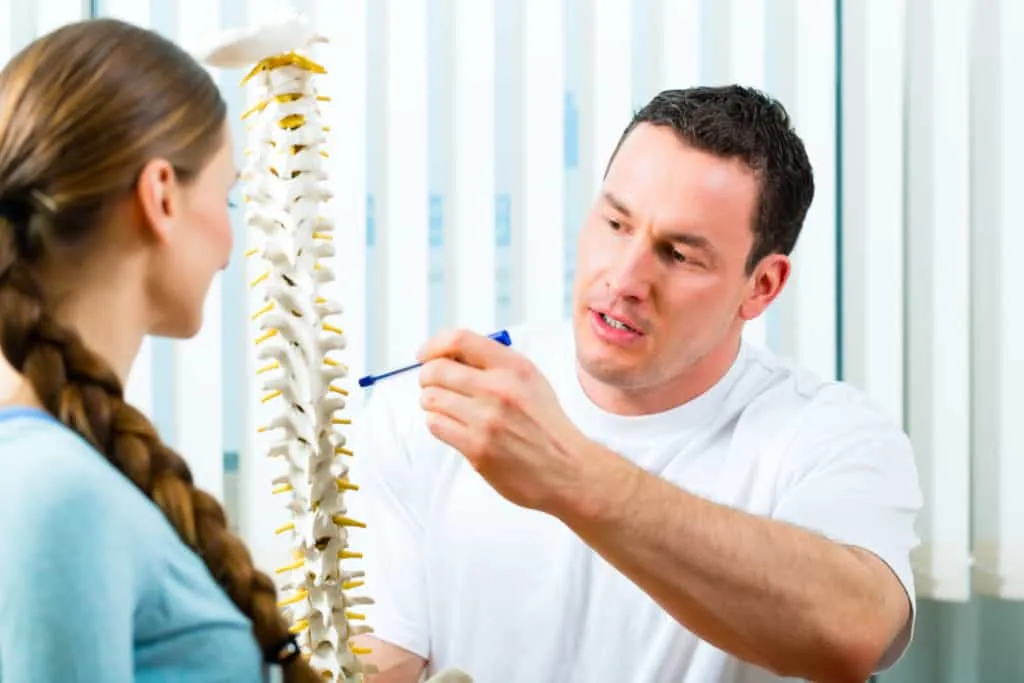
Still, the answer is not to take NSAIDs. Best practice dictates that we find out the ROOT CAUSE of your pain and deal with it therapeutically.
In Physical Therapy we can do a very thorough examination of the whole body to decide why the pain is there and treat it with a holistic, whole body approach to healing.
This includes figuring out if there is inflammation in the system and addressing that as well for the best possible outcome for you.
If you are in pain for more than 3 months and it has not gotten better, even after trying the above suggestions, you may need some brain retraining exercises.
These are very specific exercises designed to retrain your brain to have a better response to the pain experience. The Physical Therapists at Universus PT have been helping people with brain retraining exercises to help with chronic pain.
In summary, if you have daily pain and are taking Advil, Motrin, etc. on a daily basis, you could be causing more harm than good. It is a cycle that is worth trying to break. Your gut will definitely thank you and your pain will likely improve with LESS NSAID use.
